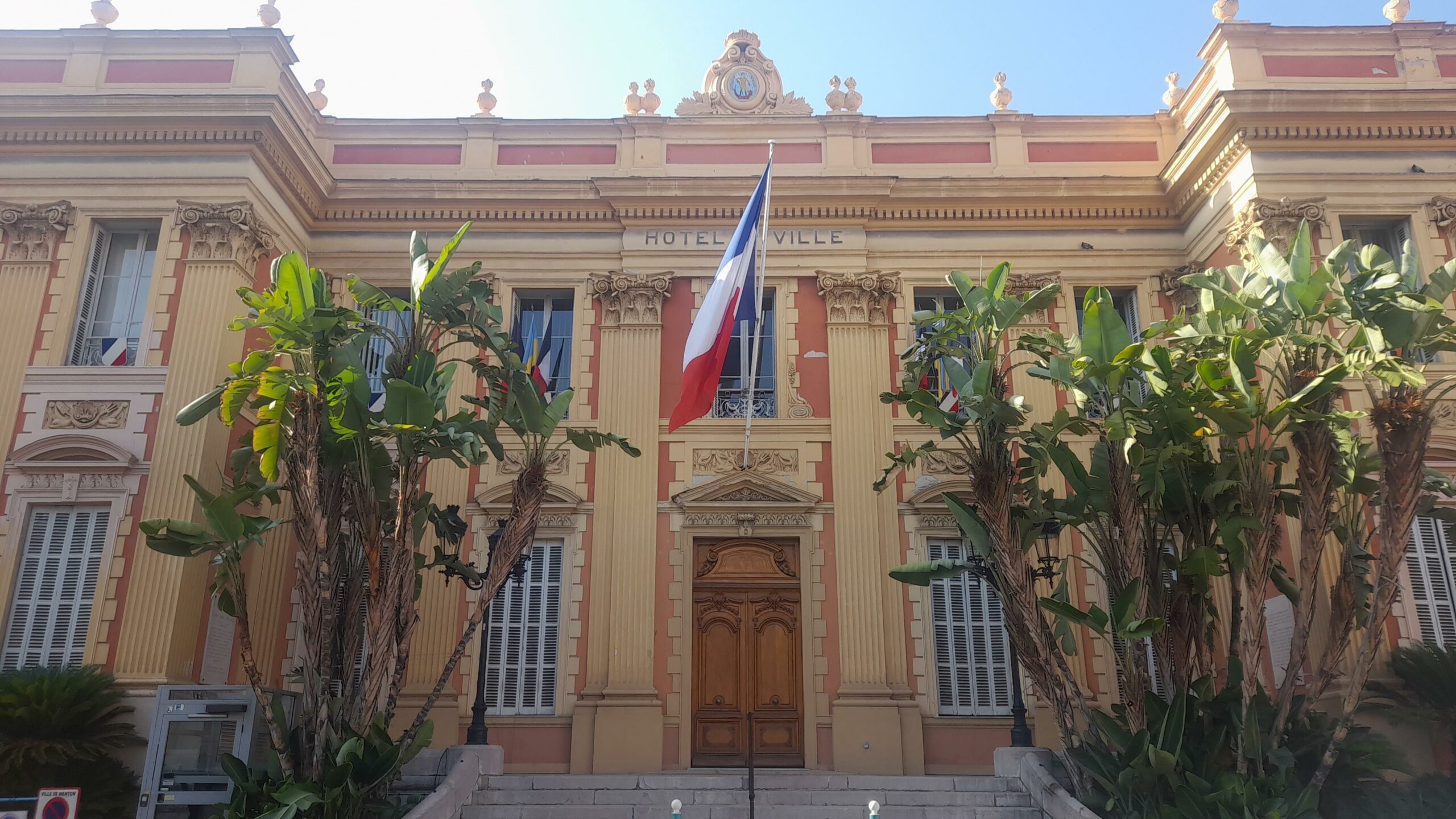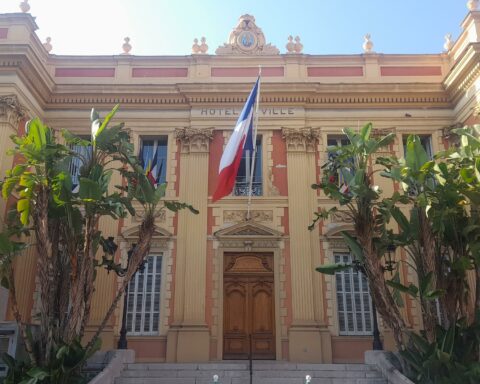The Dutch legal system in the field of environment and sustainable development is a crucial pillar within public law and impacts nearly every economic sector. The transition to a sustainable economy, strengthened by European climate goals and national policy frameworks, requires not only substantial investments in infrastructure, energy, and industry but also in-depth legal guidance. At the same time, the growing focus on environmental responsibility leads to increased scrutiny, stringent compliance requirements, and a rise in disputes, sanctions, and criminal investigations. When companies—both national and international—or their directors are accused of financial mismanagement, corruption, environmental fraud, violating environmental laws, or circumventing international sanction regimes, a direct threat emerges to the progress of sustainable projects and the reputation of the involved parties. Within this complex context, the execution and enforcement of environmental regulations require a careful legal strategy, both in advisory services and dispute resolution.
Legal Advice and Dispute Resolution in Industrial Environmental Cases
Industries in sectors such as transport infrastructure, waste management, refining, chemicals, water management, and nuclear installations operate under a highly strict and technically regulated legal regime. Legal guidance is essential for these sectors in obtaining environmental permits, preparing environmental impact assessments, complying with emission standards, and handling incidents such as soil contamination, discharges, or emergencies. In cases where environmental damage is caused by negligence or intentional actions, there may be administrative sanctions or criminal prosecution, with far-reaching consequences for the operation of facilities. When companies or regulators are linked to fraud in measurement data, conflicts of interest in permit issuance, or corruption in enforcement processes, reputational damage is inevitable, and legal suspension or even closure of activities may follow.
Regulation of Mining and Extraction Activities
The regulation of extractive industries such as oil and gas extraction, mineral exploration, lithium mining, and sand extraction in the Netherlands has a particularly administrative and environmental criminal law character. Projects in these sectors often encounter social resistance, political controversy, and environmental requirements set out in the Mining Act, Environmental Law, and European directives. Legal disputes regularly arise over compensation (e.g., earthquake damage in Groningen), the proportionality of permit requirements, or the lack of a proper environmental assessment process. If directors are suspected of influencing inspection services, extracting profits through foreign structures, or violating international treaties or sanction laws—such as cooperating with foreign parties in sensitive areas—this leads to prolonged legal procedures and oversight by the Public Prosecution Service and regulatory bodies like the ILT and SodM.
Environmental Criminal Law and Enforcement
Environmental criminal law in the Netherlands has gained sharpness in recent years. The detection of environmental violations is handled by specialized agencies such as the Environmental and Transport Service of the Dutch Food and Consumer Product Safety Authority (NVWA), Environmental Services, and the Functional Public Prosecution Service. Companies and directors found guilty of illegal discharges, banned waste transport, falsifying environmental documentation, or breaching permit conditions can expect criminal prosecution. Combined with suspicions of money laundering of environmental profits, corruption in environmental measurements, or collusion with regulators, this leads to a cumulative series of criminal offenses that seriously threaten the continuity of the company. Reputational loss, fines, corrective measures, and administrative enforcement can severely pressure business operations.
Sustainable Energy and Energy Transition
The legal infrastructure surrounding renewable energy sources such as solar energy, wind farms (onshore and offshore), hydropower, hydrogen, biomass, and biogas is highly regulated and strategically positioned within national energy policy. For energy developers and financiers, legal certainty regarding subsidies (such as SDE++), grid connection, spatial integration, ownership of infrastructure, and contractual obligations is essential. At the same time, legal conflicts increasingly arise over the disruption of ecological interests, residents’ rights, landscape protection, and national security (e.g., with Chinese investments in wind energy projects). If developers or investors are suspected of violating procurement rules, conflicts of interest, or collaborating with sanctioned foreign entities, not only does the project become jeopardized, but the strategic position of the company within the Dutch energy transition is also at risk.
Water Management and Climate Adaptation
Water plays a central role in Dutch environmental legislation, especially given the country’s geographic vulnerability to flooding, drought, and salinization. Legal aspects of water management include discharge standards, permits for water extraction, coordination with water boards, and compensation for water-related damage. In infrastructural interventions such as dike reinforcement, climate buffers, and water storage, a tension arises between public safety and private interests. Legal procedures are initiated when there is damage due to failing water management, inadequate permitting, or opaque decision-making. If there are also suspicions of financial fraud in tenders or the misappropriation of government funds intended for climate measures, this leads to both administrative and criminal escalation.
International Environmental Obligations and Sanction Regimes
The Netherlands is bound by numerous international environmental treaties and EU directives that directly affect the national legal order. Projects occurring at the intersection of international trade, the environment, and geopolitics—such as cross-border pipelines, LNG terminals, or cooperation with sanctioned regimes—carry particular legal risks. Violations of export restrictions for certain technologies, collaboration with companies on sanction lists, or investments in unsustainable projects in fragile states can lead to heavy fines, reputational damage, and exclusion from public contracts. In this context, it is essential that involved companies have robust governance, transparent contracts, and full compliance with due diligence obligations to minimize legal vulnerability and make sustainable development legally feasible.









